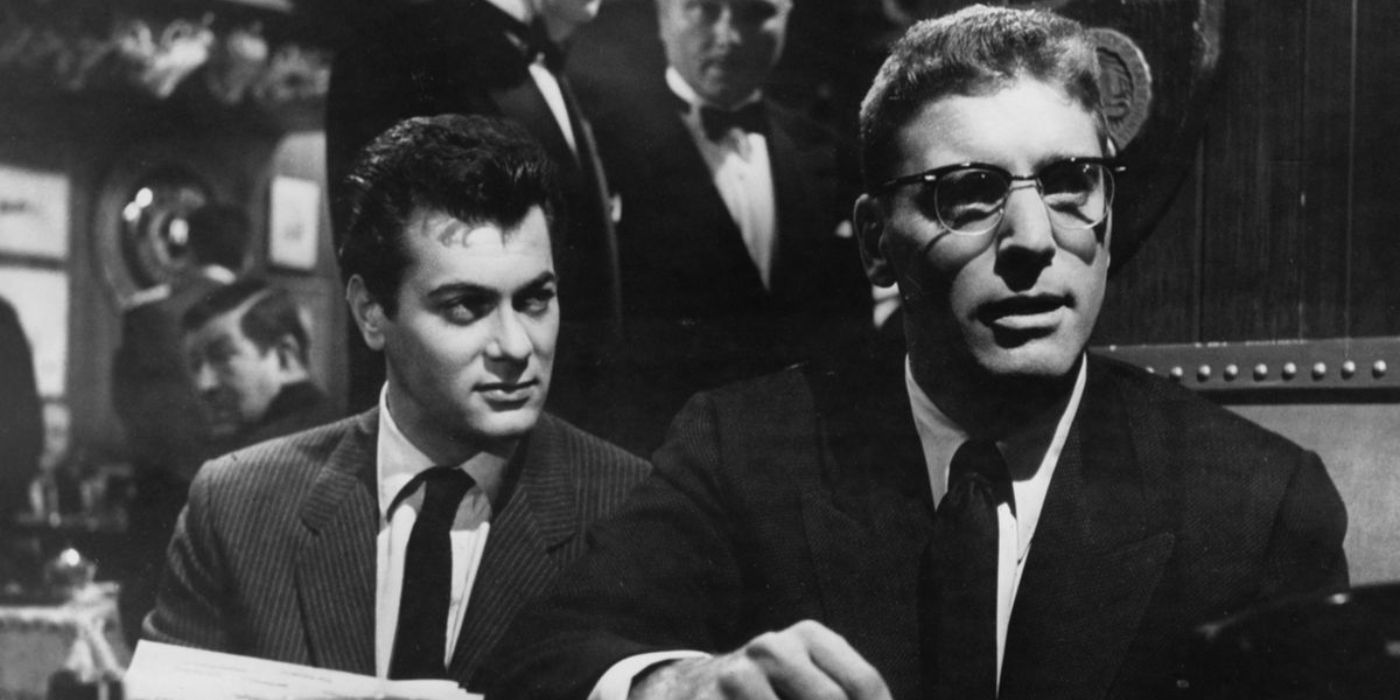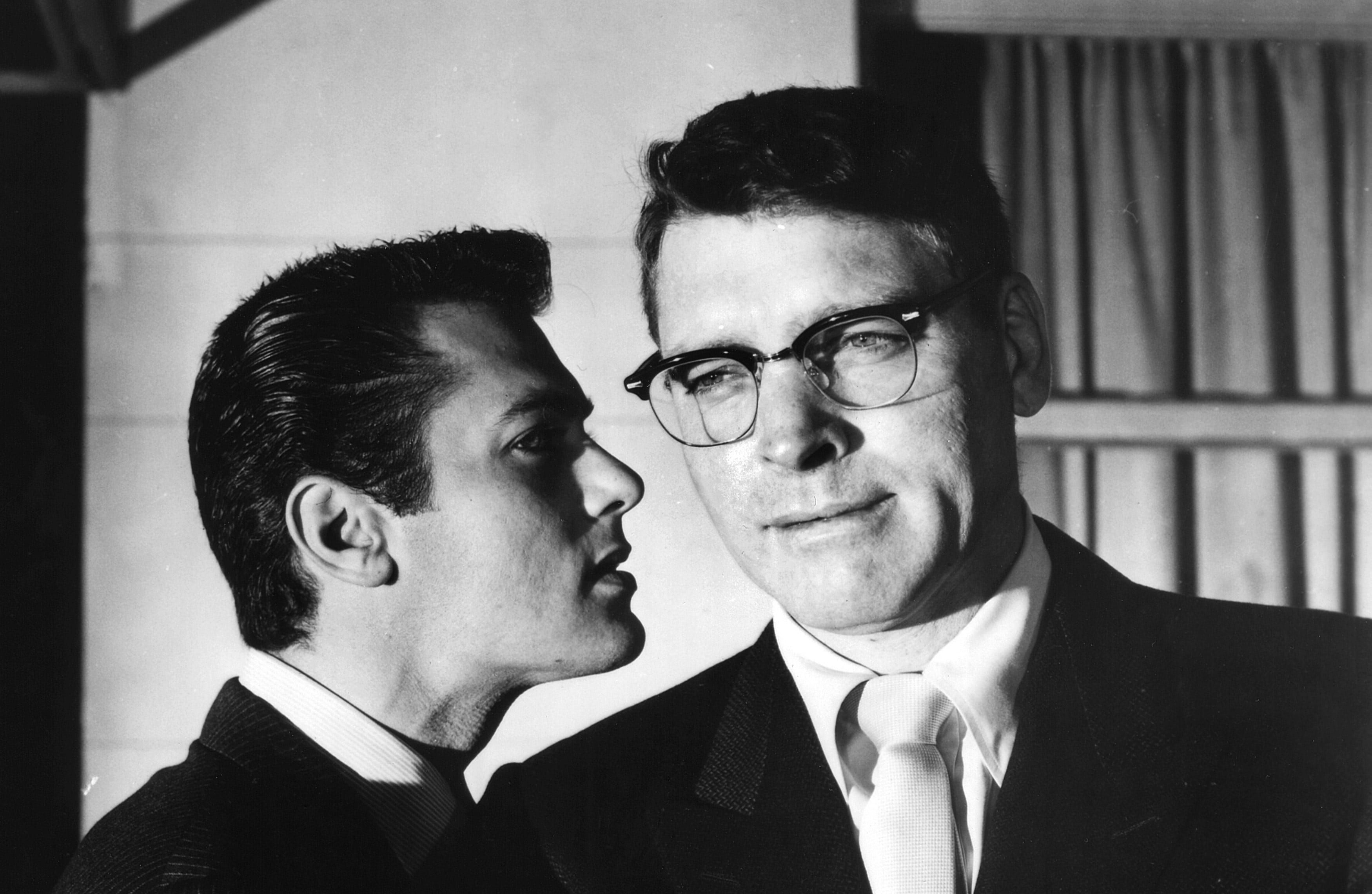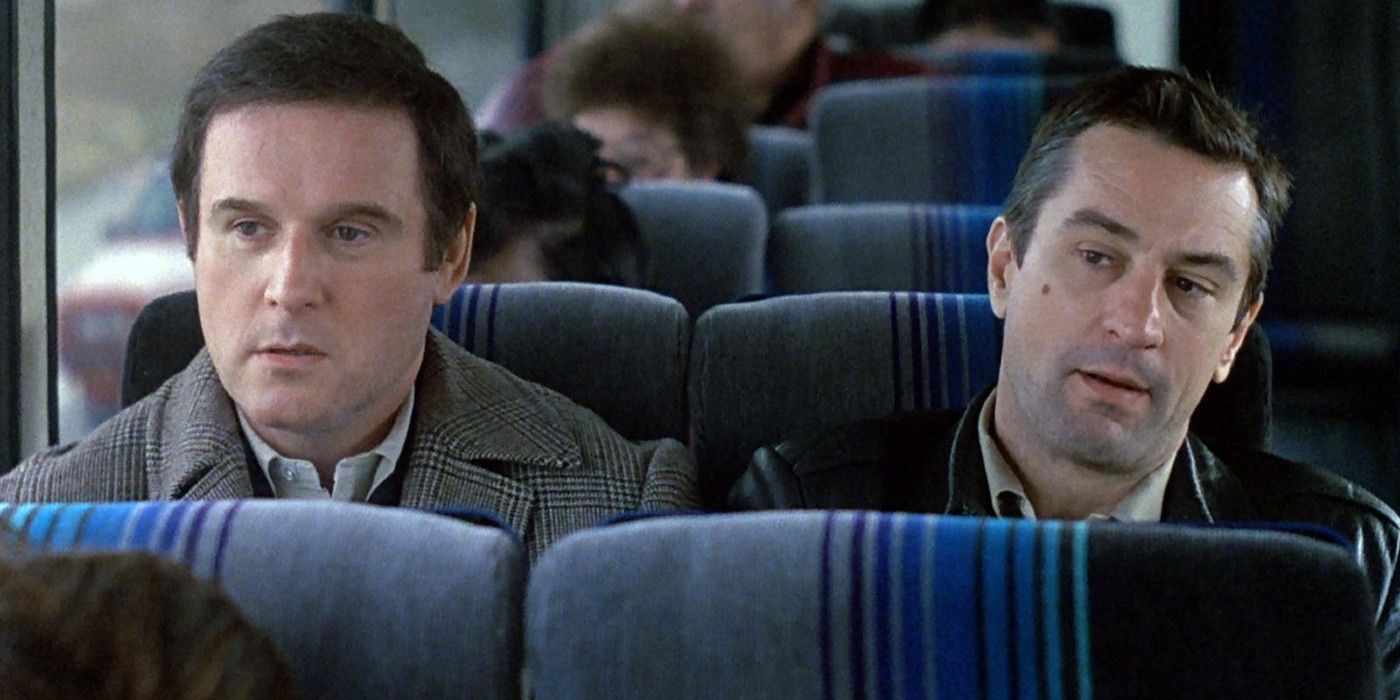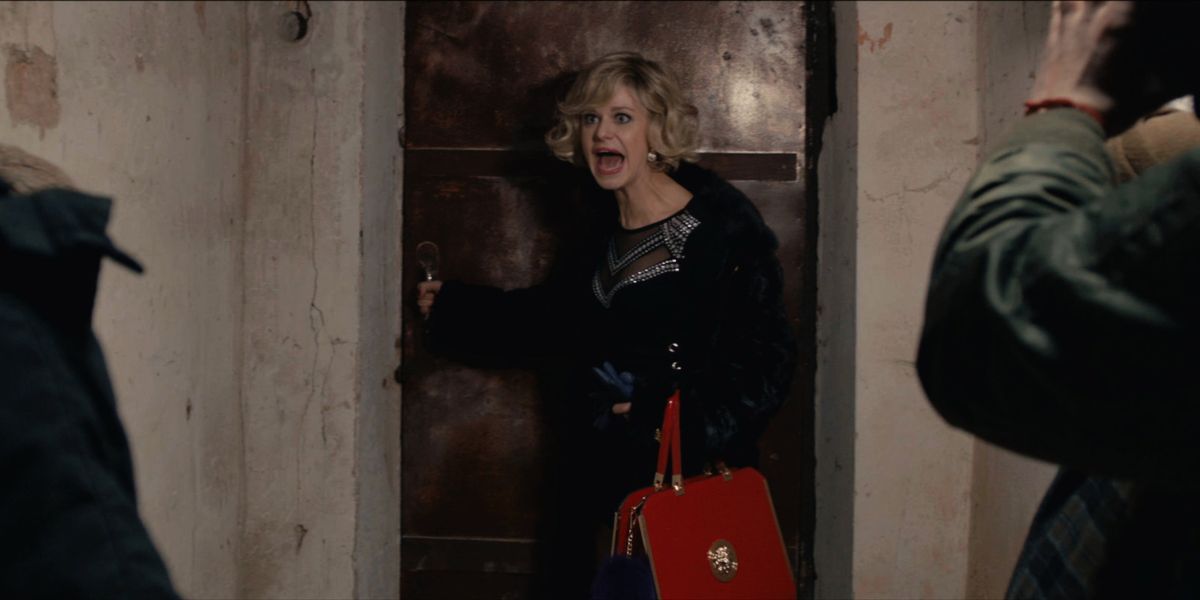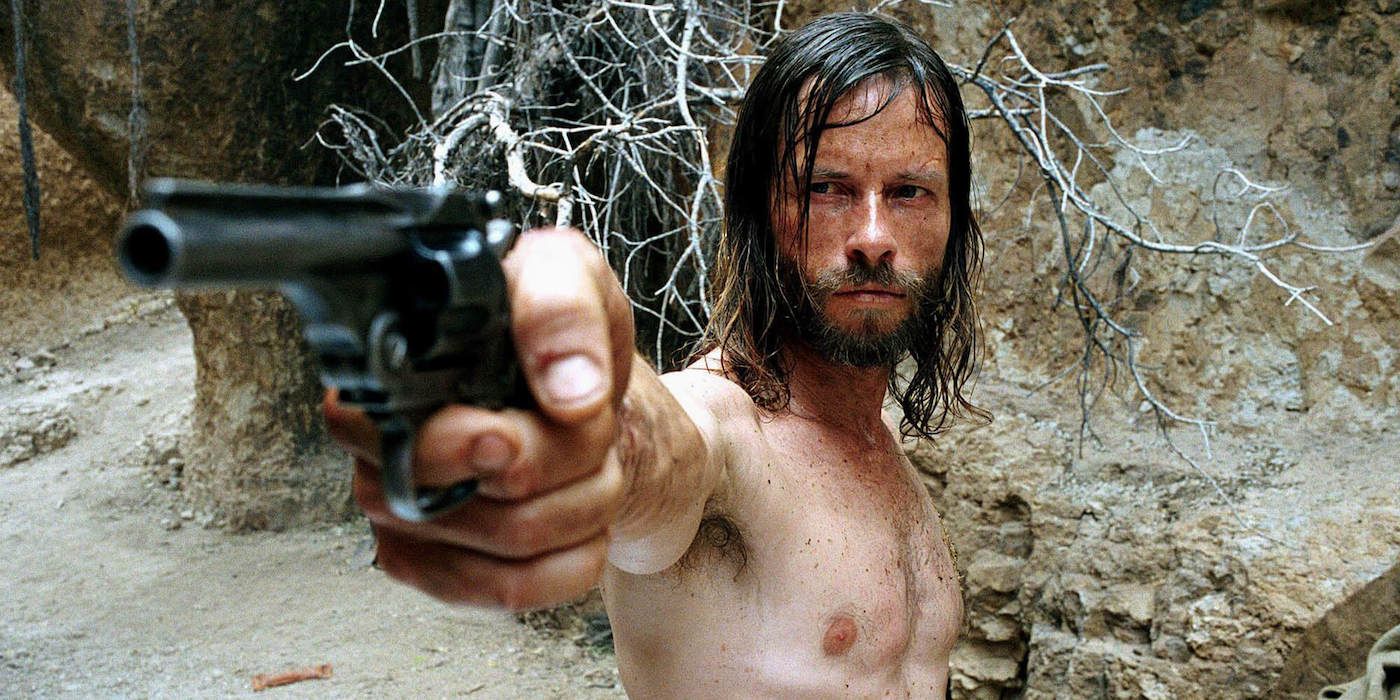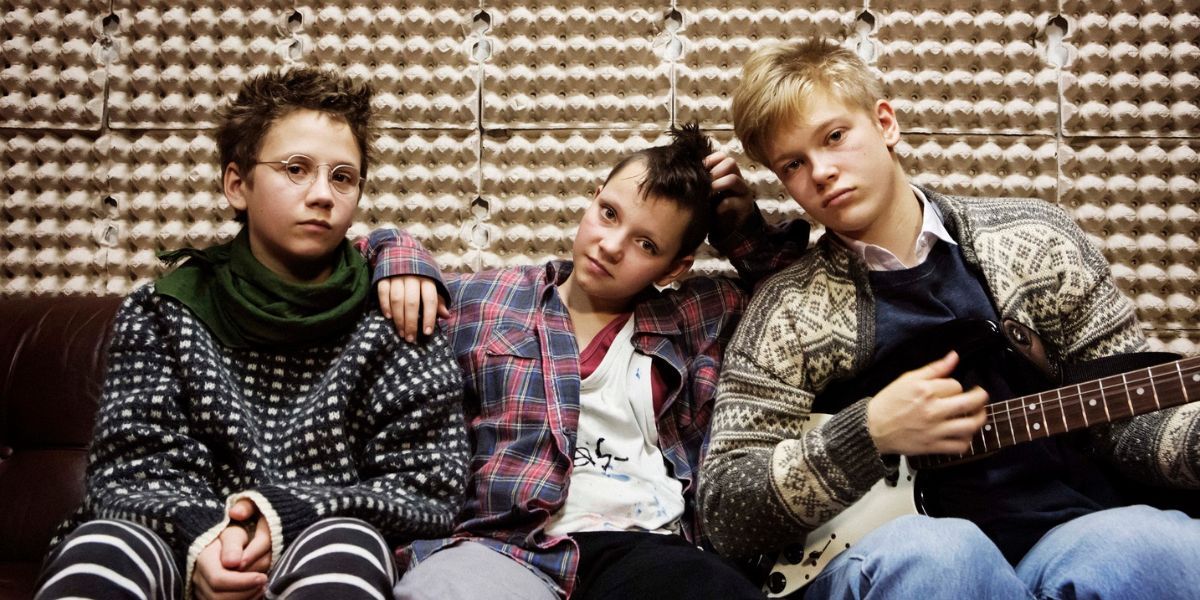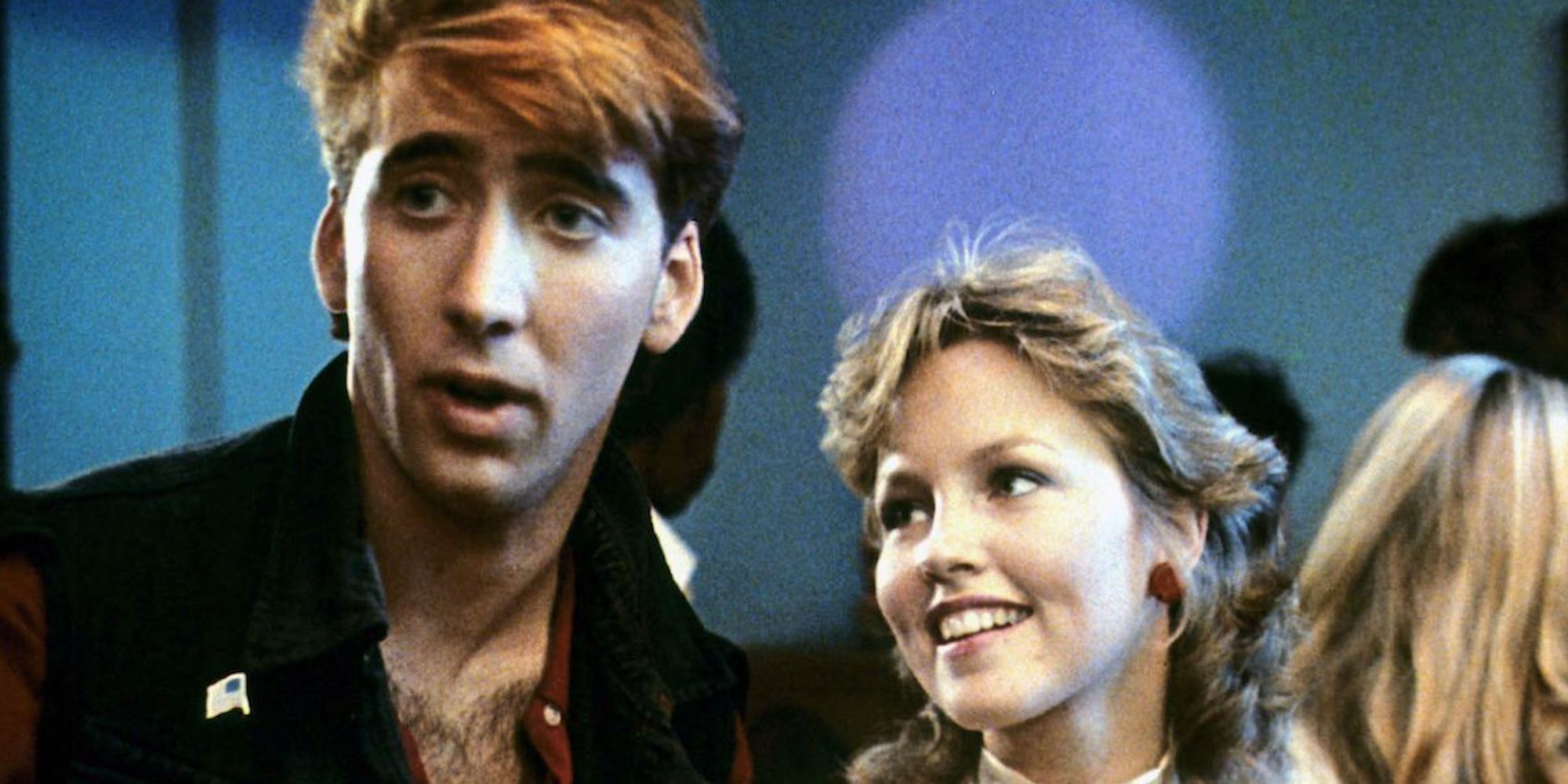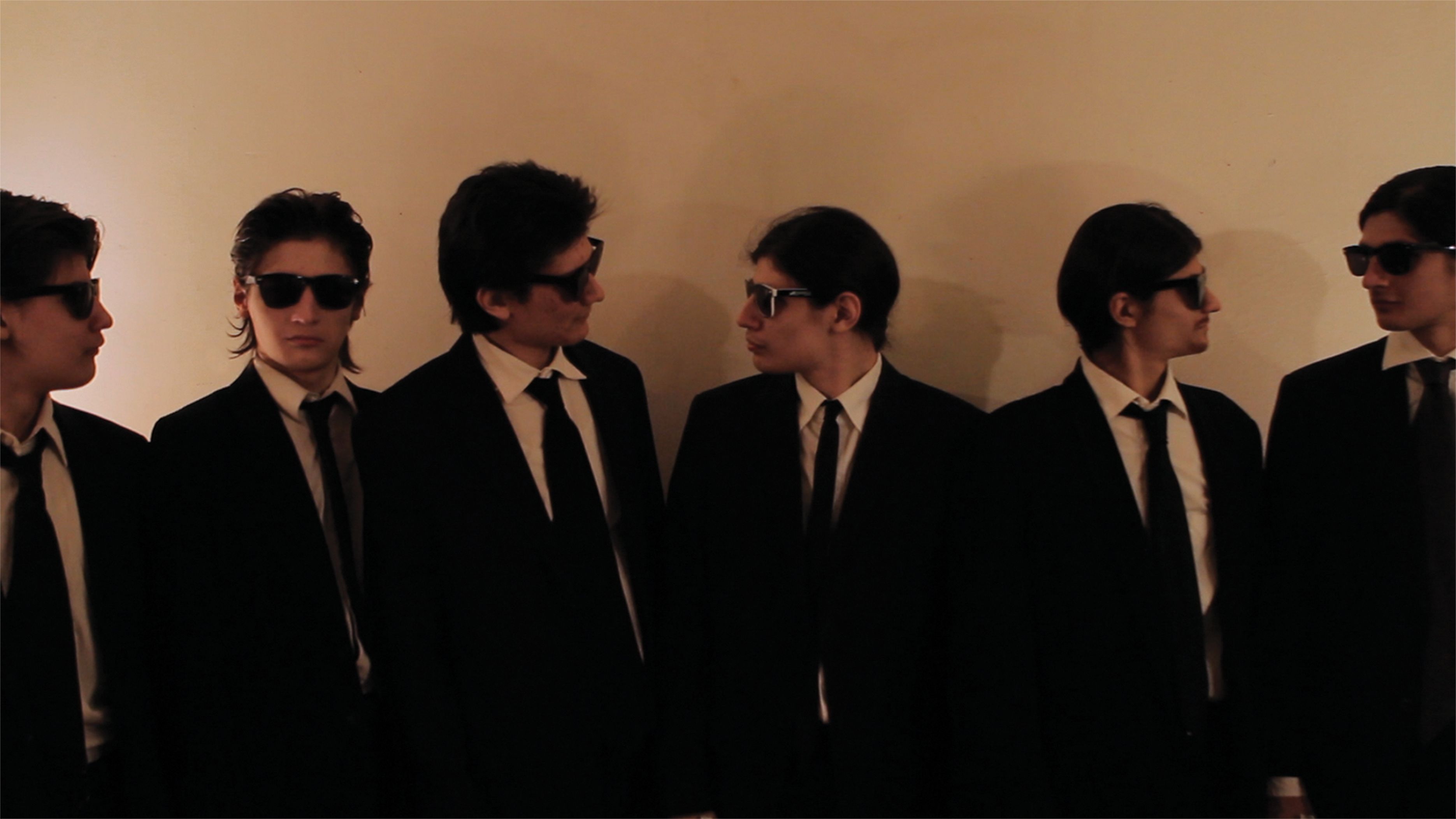The last full month of summer and a new month of programming on the Criterion Channel. There are collections in honor of composer Henry Mancini (Victor/Victoria) and Hollywood icon Myrna Loy, along with the customary releases of Criterion editions with exclusive supplemental features. Here are seven of the best options coming to the service in August 2022.
Sweet Smell of Success (1957)
Available: August 1
Directed by: Alexander Mackendrick
Written by: Clifford Odets, Ernest Lehman, Alexander Mackendrick
Cast: Burt Lancaster, Tony Curtis
Possibly the most celebrated film on the list, and not just because it’s had more time to stack up compliments by virtue of being the oldest. Sweet Smell of Success’s director would eventually become the founding dean of the California Institute of the Arts (CalArts) and counts Logan director James Mangold among his mentees. Before this movie, he was best known for directing British comedies. With that in mind, Sweet Smell is clearly a departure—a New York set film à clef with energetic, noir flavor.
Film à clef just means it’s a story based on real people, whose real names can be swapped out for the fictional ones to pretty much tell a true story. This semi-biopic is about a powerful, disreputable newspaper columnist who gets a kick out of ruining reputations and collecting enemies. It’s full of punchy, memorable dialogue, exceedingly coherent direction, a jazzy score, and an arsenal of plot developments. It did not make a lot of money in its day, but it is influential, if only because its director’s philosophies would go on to affect generations in the classroom.
Midnight Run (1988)
Available: August 1
Directed by: Martin Brest
Written by: George Gallo
Cast: Robert De Niro, Charles Grodin, Yaphet Kotto, John Ashton, Dennis Farina
A buddy movie about two men who aren’t buddies, Midnight Run is one of many films from the 1980s that presents itself as an action picture while also functioning as a comedy. Its director, Martin Brest, was coming off a hit that practically perfected the form—Beverly Hills Cop—and Midnight is helmed with the confidence of one who reckons they know what they’re doing. Beverly Hills Cop, however, had Eddie Murphy, a firecracker who improvised constantly, ensuring no scenes featuring his character would be devoid of jokes. Midnight Run’s action is fun and is taken seriously, which means the pressure is on the tit-for-tat comedic tension of its leads.
Robert De Niro largely functions as the straight man, which means Charles Grodin has to do the Eddie Murphy work of making sure the jokes in the script hit. He pulls this off, but it all mostly works because the plot—a bounty hunter named Jack (De Niro) handcuffs himself to his embezzling bounty Jonathan (Grodin) who, unbeknownst to Jack, is being targeted by the mob—is too screwball to fail.
Donbass (2018)
Available: August 1
Directed by: Sergei Loznitsa
Written by: Sergei Loznitsa
Cast: Boris Kamorzin, Sergey Russkin, Georgiy Deliev
The military conflict in the Donbas region of Ukraine started in 2014 when Russian-backed separatists turned their whispers of violence into reality. From then on, the region has been home to fighting and fatalities as scores of Russian troops poured in over the course of years. Stalemates and ceasefires were called and abandoned. In retrospect, the conflict only really ended in February 2022, when it ostensibly evolved into the Russo-Ukrainian War. Director Sergei Loznitsa, however, was not working with retrospect. In 2018, there was truly hope that the war was waning, a hope itself at war with mounting evidence to the contrary. It is in that climate that he made his anti-war opus Donbass.
Told episodically, this drama is jolting in its frank depiction of a modern war’s community-destroying realities. The film showcases destabilized societies, propaganda used to confuse and isolate those most at risk, gunplay, bombings, and con artists at every level. It’s shot in long takes and shot beautifully. It’s no horror movie, but it is dark with its drama. It’s also darkly comic, versed in many cinematic languages, and feels made to serve as a wake-up call from a Ukrainian director asking the world to not look away from the series of truth-inspired stories he depicts.
The Proposition (2005)
Available: August 1
Directed by: John Hillcoat
Written by: Nick Cave
Cast: Guy Pearce, Ray Winstone, Danny Huston, John Hurt, Richard Wilson
It seems a secret that constantly requires fresh divulging that Oceania churns out some pretty great post-modernist Westerns. The Proposition comes, specifically, from Australia. It’s a murder ballad of a period-set outback thriller that kicks off with a burst of violence and then goes on to be punctuated by similarly savage eruptions. The eponymous plot point—our hero (Guy Pearce’s Charlie Burns) has to find and kill his outlaw older brother (Danny Huston), or his meek younger brother (Richard Wilson) gets the gallows.
It’s a compelling setup that director John Hillcoat wrings for all the double-crosses, gunfights, and macho desolation that he can. Sorrow runs through this film’s blood, and that it was written by rock icon Nick Cave should be the kind of surprise that makes total sense after watching. Australia is, as always, a photogenic setting for an epic tale, and apparently makes a fitting backdrop for poetic dramas with gunfighter blood in their veins.
We Are the Best! (2013)
Available: August 6
Directed by: Lukas Moodysson
Written by: Lukas Moodysson (Screenplay); Coco Moodysson (Graphic Novel)
Cast: Mira Barkhammar, Mira Grosin, Liv LeMoyne
Part of the fun of a movie like 2003’s School of Rock is watching kids achieve something society at large isn’t necessarily nudging them toward. They get to live a dream, and that dream is treated as valid and vital. The Swedish coming-of-age drama We Are the Best! has a similar spirit, if a very different story. It’s about a trio of 13-year-old girls who are aching to rebel against their uniform, blonde society, and against what they see as the perfection of their peers. So they decide to start a punk band.
It is 1982, and so they are right on time. But however method they are in their approach, only two of them know how to play their instruments. The story dramatizes the mastering of their craft and the writing of their teen angst anthem, but it’s really about how time moves differently for kids. Moments of sadness and happiness feel equally endless. No setback feels minor. It’s of course a movie full of music and full of energy. The kids at the center of the story feel barely like they’re acting (in a good way), and when they finally make their stage debut (in front of an appropriately hostile crowd) it feels triumphant and gives the audience that necessary taste of a dream fulfilled.
Valley Girl (1983)
Available: August 10
Directed by: Martha Coolidge
Written by: Wayne Crawford, Andrew Lane
Cast: Nicolas Cage, Deborah Foreman, Elizabeth Daily, Cameron Dye, Michelle Meyrink
Every era has its undeniable classics, across multiple subgenres, films that transcend the period in which they were released. Conversely, every era has movies that are not perfect but that are very good. These tend to be examples of what was trending at the time, making them also very good snapshots of their moments. For early 1980s teenage romantic comedy transcendence, one might be directed toward the John Hughes section of the digital video store. For a very good snapshot of the early ‘80s teen romantic comedy trend, Valley Girl is a worthy place to park. Directed by Martha Coolidge, who had mostly done documentary work before parlaying this feature into a long and prolific career, Valley Girl lays the teenage dialogue on thick. Every California cliché the title might suggest is present. But there is an elevated quality to it all.
The first thing that elevates it is Nicolas Cage (playing an archetypal "bad boy from out of town") and his chemistry with the film’s lead, Deborah Foreman (playing the archetypal "valley girl who is more thoughtful than her shallow friends"). They commit to their bits and their romance feels believable, becoming something worth investing in as the obstacles (their different backgrounds, an ex-boyfriend motivated to win her back) threaten to ensure a sad ending. The other thing that elevates it is the music on which it relies heavily. Full of new-wave earworms by Sparks, Men at Work, and The Psychedelic Furs, it’s further proof that unsung 1980s pop music is a great garnish for storytelling with a youthful spirit.
The Wolfpack (2015)
Available: August 31
Directed by: Crystal Moselle
Cast: Makunda Angulo, Narayana Angulo, Bhagavan Angulo, Jagadisa Angulo, Krsna Angulo
A documentary continually recommended or regarded with discerning trepidation since its Sundance Grand Jury Prize-winning debut, The Wolfpack is by turns heartwarming, gripping, and concerning. Its subjects are, largely, the six male progeny of a Peruvian Hare Krishna devotee whose paranoia has him locking his wife and children in their Manhattan apartment. They only leave for appointments deemed necessary or for sight-seeing excursions planned exactingly. They are home-schooled by their mom, as much a survivor of this deprivation experiment as the children, who would only learn after the documentary just how uniquely forbidding their upbringing had been.
The curious wrinkles within the film are caused by how telegenic and engaging the subjects are. How camera ready. This is owed, in part, to their voracious appetite for Hollywood motion pictures, and their playful reenactment of their favorites. On The Wolfpack’s posters, the brothers’ looks inspired by Reservoir Dogs are highlighted, but The Dark Knight also proves influential. The Angulo brothers and their mom are now free of their documented confinement, and so it’s a story with an extratextual happy ending, making current viewings of it free of much of the ethical reservations murmured when it was first released. What’s left is a visceral dose of humanity and a love letter to movies.

